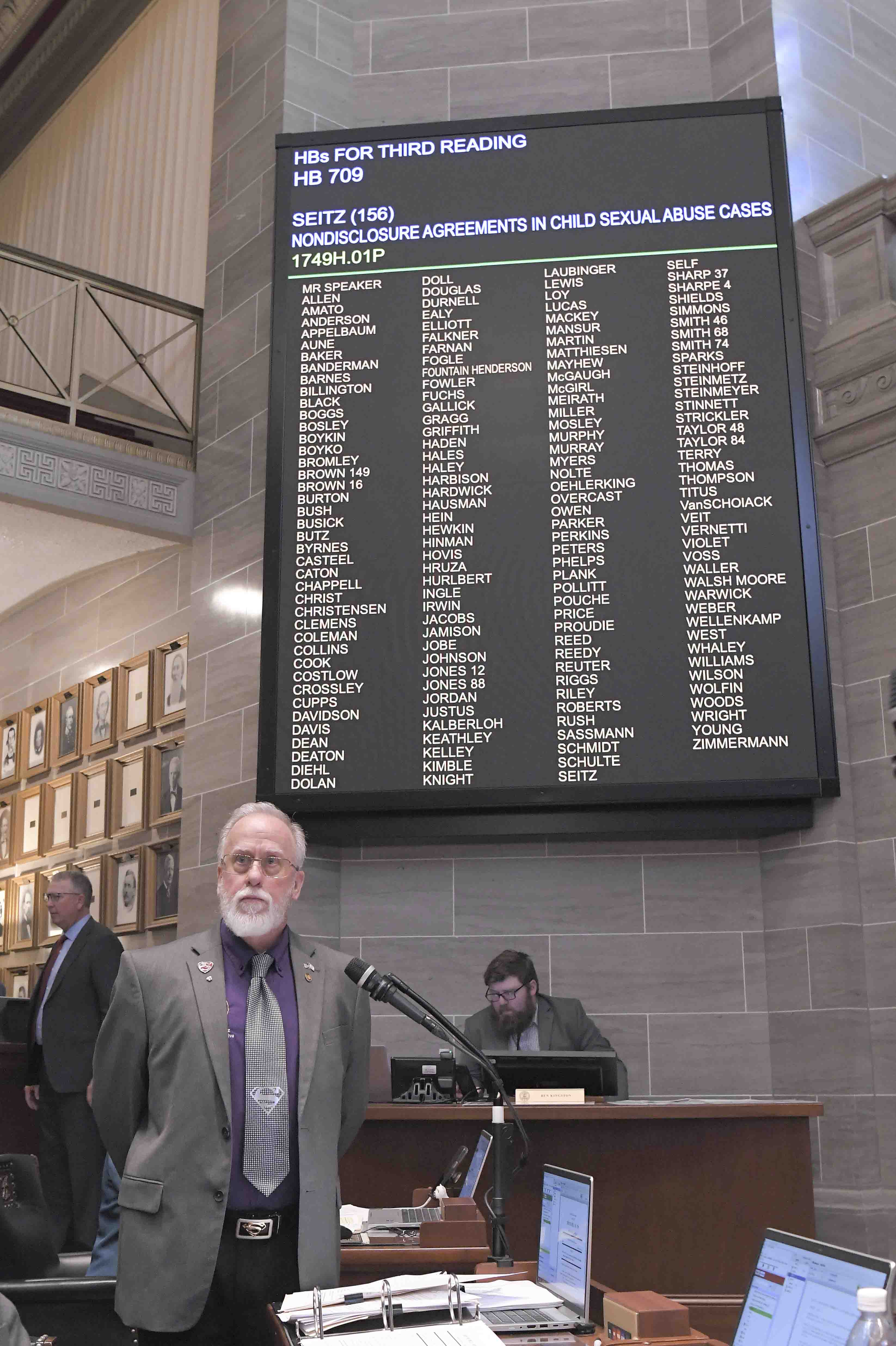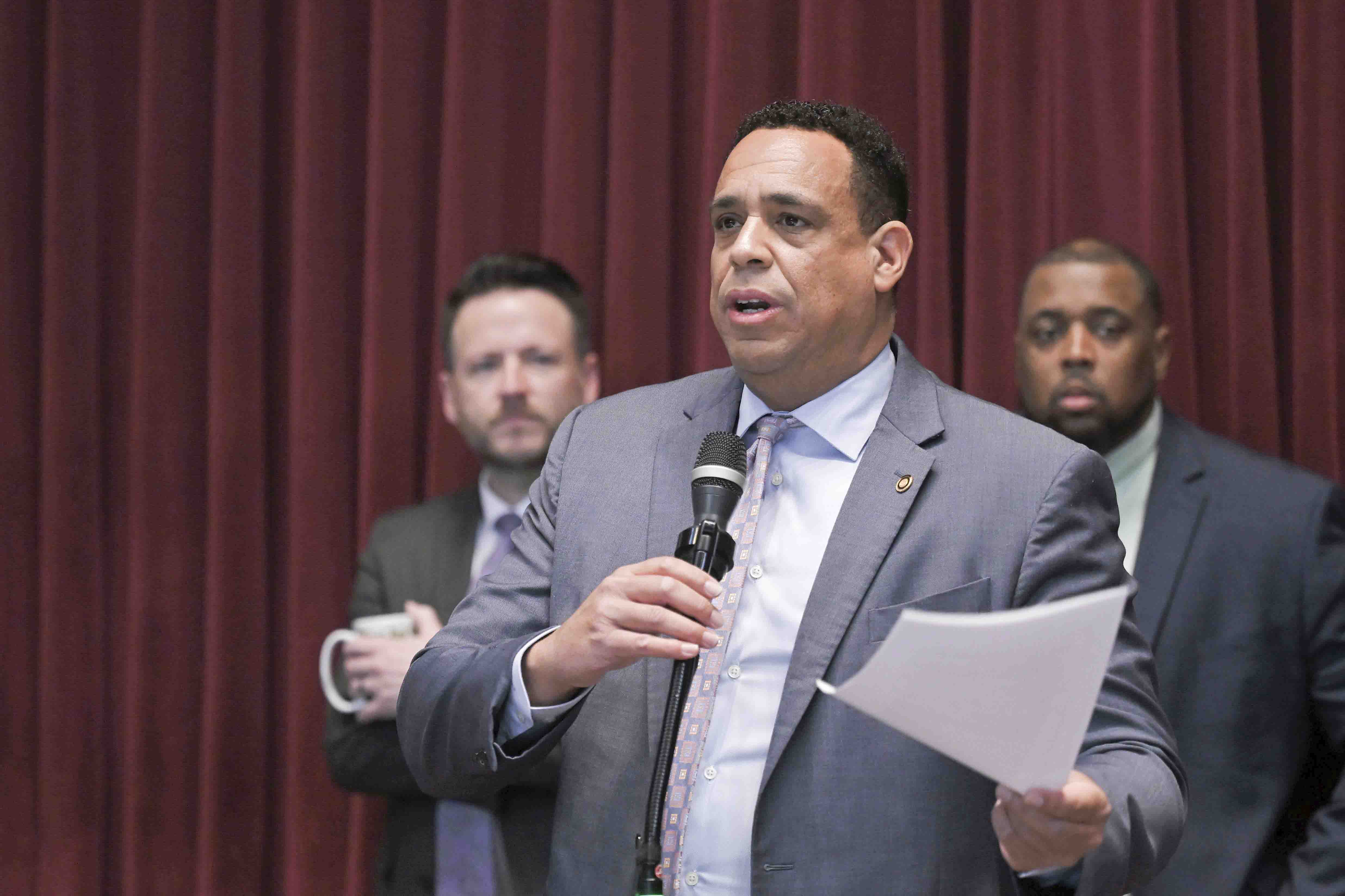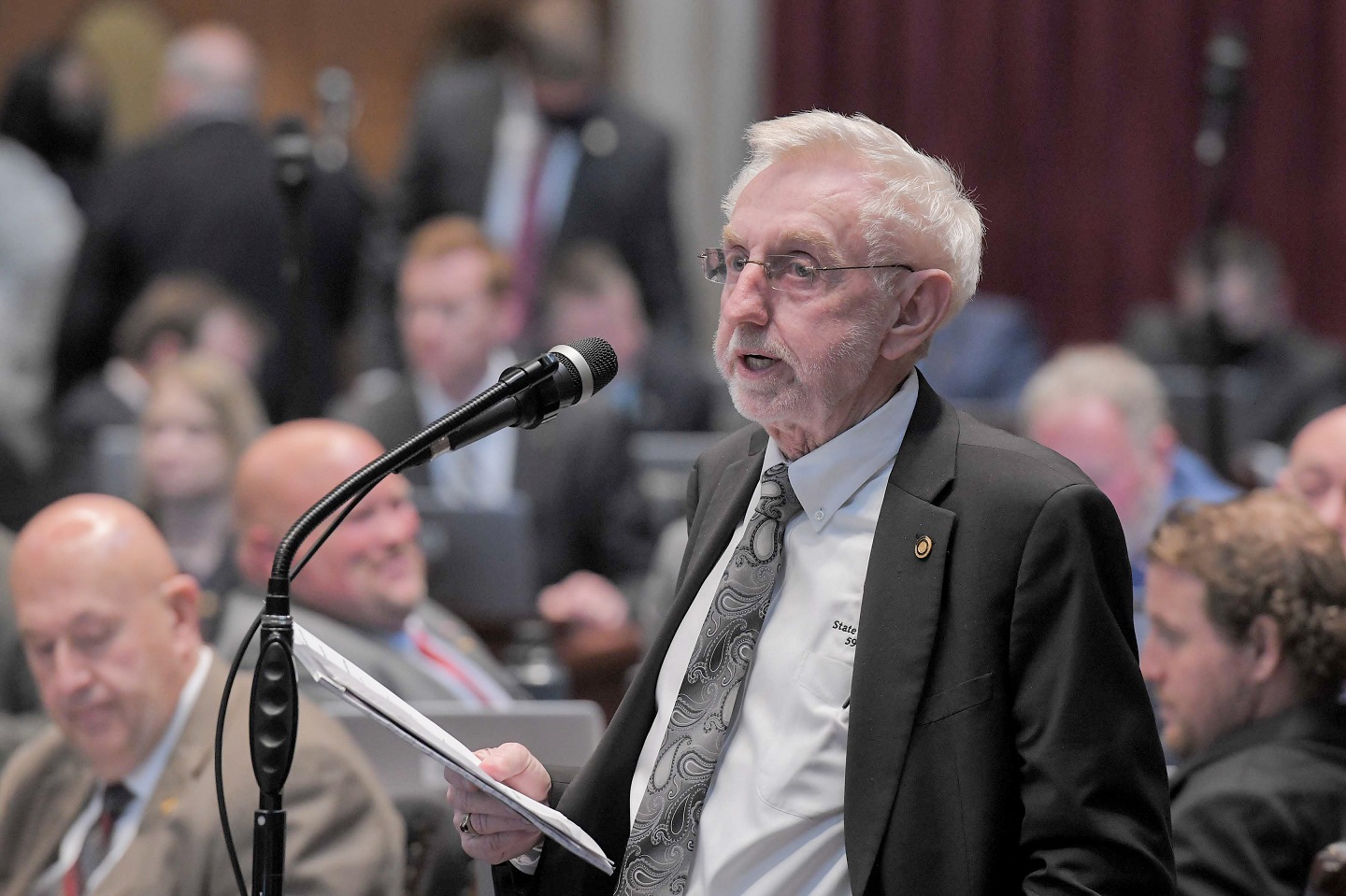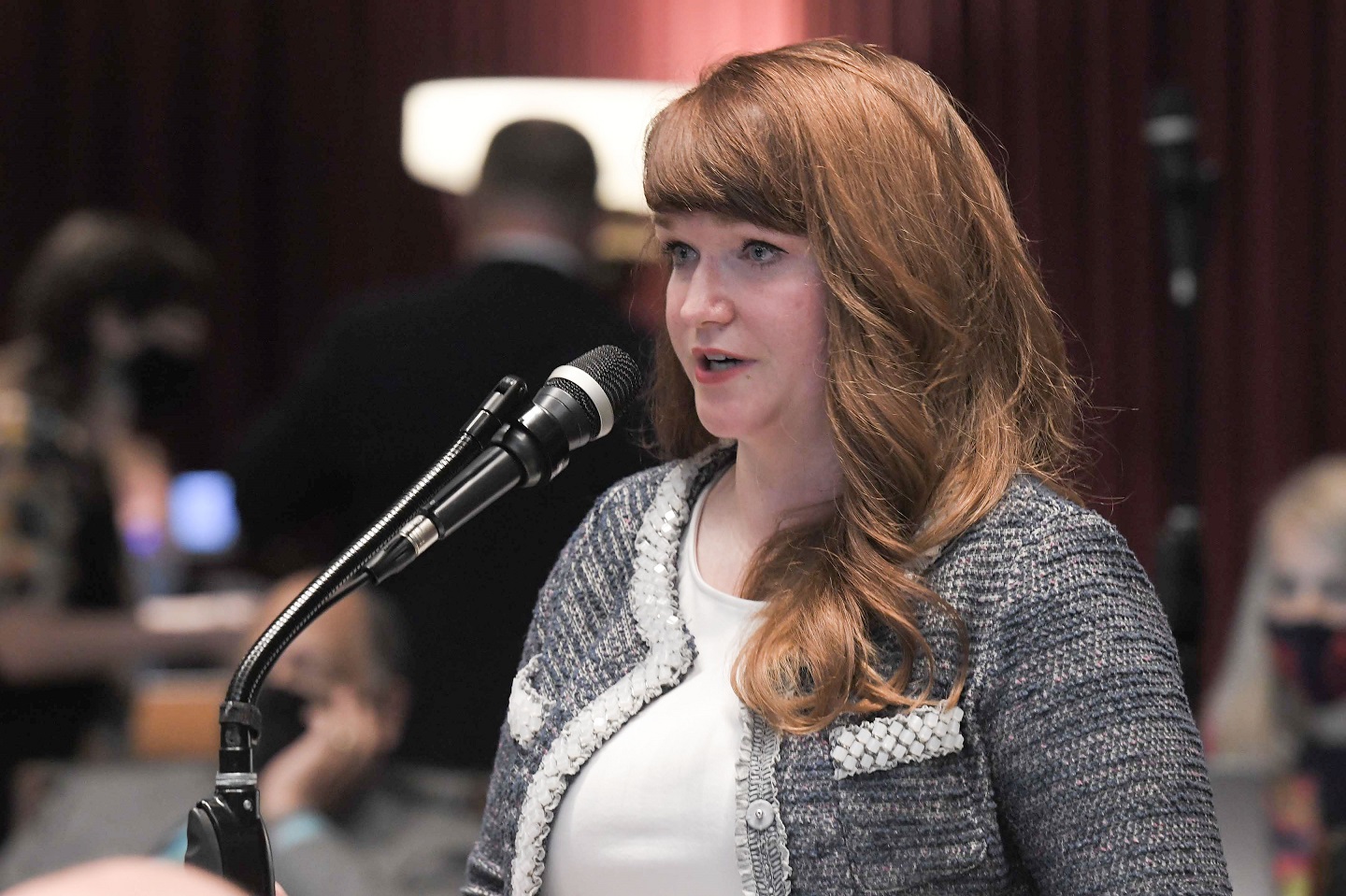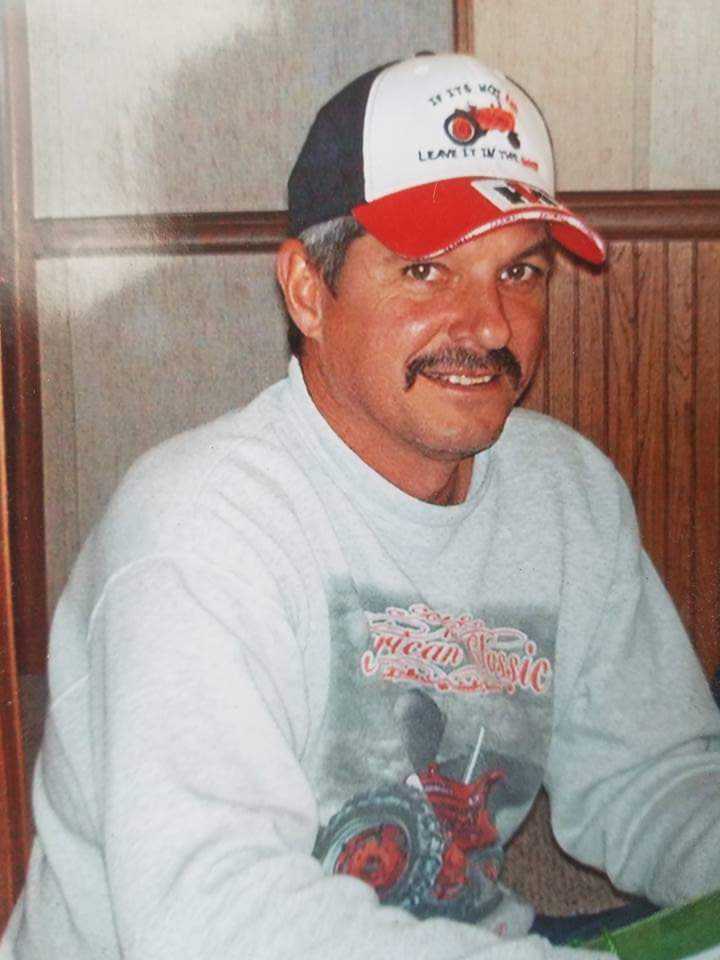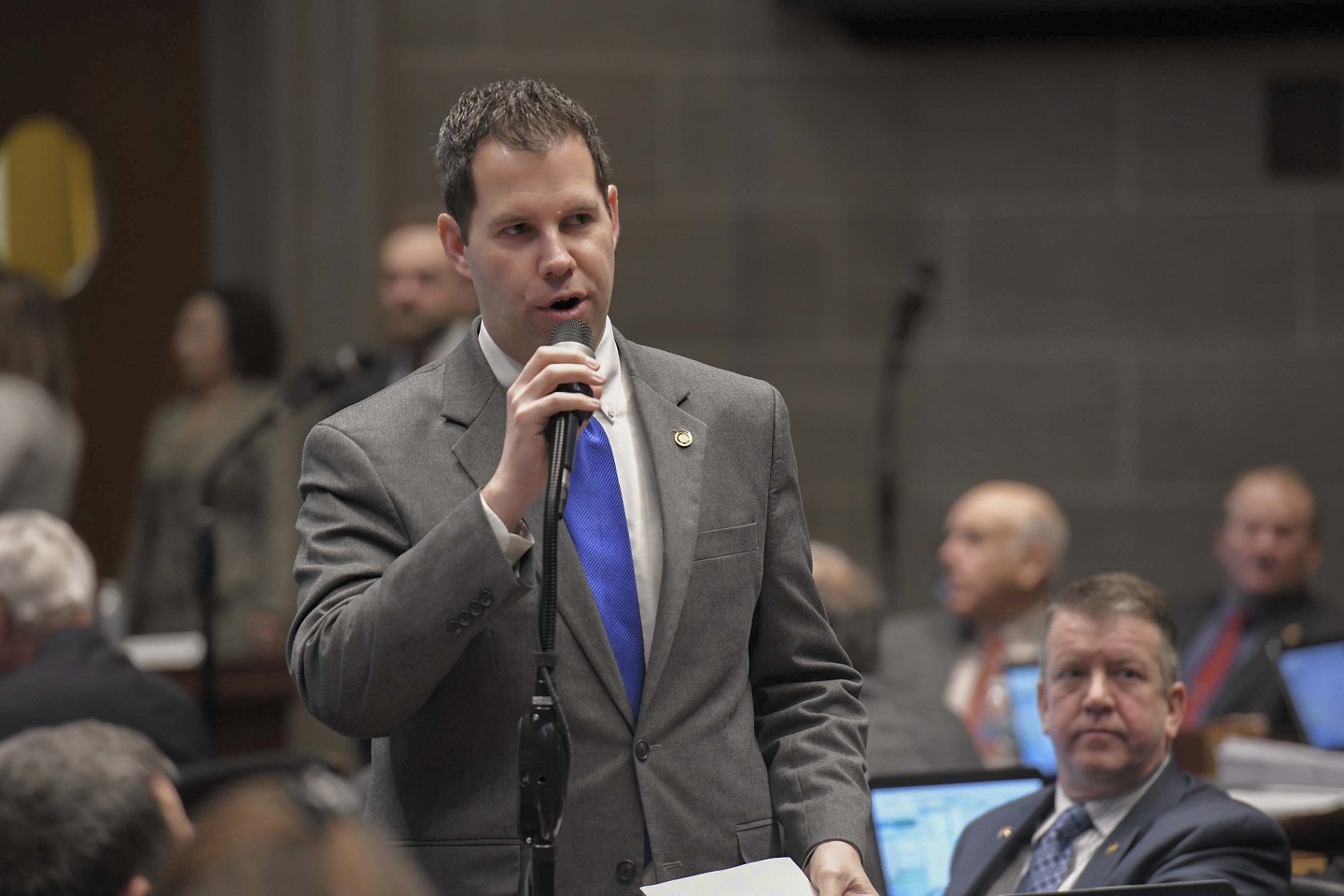The Missouri House has voted to take away one of the tools sexual predators use to protect themselves, and to be able to find and abuse new victims. House Bill 709, which was sent to the Senate this week, would bar the enforcement of non-disclosure agreements in cases of child sexual abuse.
Such legal contracts sometimes come into play in abuse cases, particularly when parents or guardians accept a settlement with an abuser. These contracts have left victims unable to talk about what they experienced, and their abusers have been enabled to change locations or jobs without anyone knowing what they had done, allowing them to continue their transgressions in new places and against new victims.
“It’s an injustice and a wrong that we can make right, now,” Representative Brian Seitz (R-Branson) told his colleagues.
Seitz is the sponsor of HB 709, the latest version of a proposal he has offered for several years now. He urged his colleagues to again advance it after other forms of the measure have already received broadly supportive votes across multiple legislative sessions.
In this latest bid, Seitz told his fellow legislators, “Through no fault of their own, children and/or the medically disabled who may have been abused in the past are being abused again by the misuse of NDAs in civil settlement agreements.”
“These are legal mechanisms that were created to protect trade secrets, not trauma secrets. Again I state: NDAs are wholly appropriate if you’re dealing with manufacturing trade secrets, but they can kill trauma victims,” said Seitz, referring to the fact that some victims have chosen to end their own lives, after an inability to speak out multiplied their anguish.
Other House members offered strong support. Columbia Representative David Tyson Smith (D), an attorney for two decades, said to silence a child is one of the worst things a person can do, especially when they have been abused and are too young to make for themselves the decision to agree not to speak about it.
Representative Rudy Veit (R-Wardsville), another practicing lawyer, told his fellows he has dealt with abuse survivors and seen firsthand the courage it takes for them to acknowledge what they have experienced, even to themselves.
Representative Raychel Proudie (D-Ferguson), who focuses much of her legislative efforts on protecting children, also stressed the importance of adding this language to Missouri law.
“Typically, non-disclosure agreements or NDAs are put forth to protect business interests. No one should be in the business of hurting children,” Proudie said. “We should not be protecting the business interests or behaviors of perverts and people who hurt children.”
709 reaches the Senate with only three weeks remaining in the legislative session, but versions of the proposal are moving in several other forms and on several other bills. Seitz expressed optimism during the debate, noting that in the Senate as in the House, the bill has received “total, bipartisan support.”
HB 709 was advanced to the Senate 148-0.
